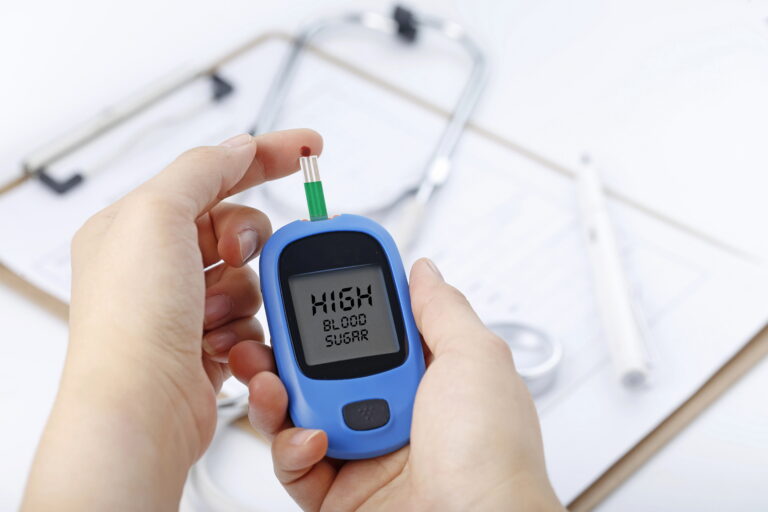In recent years, technology has revolutionized various aspects of our lives, and healthcare is no exception. From advanced medical devices to cutting-edge software solutions, technology is playing a pivotal role in transforming the healthcare industry. In this article, we will explore the impact of technology in healthcare, its benefits, and how it is reshaping the way we receive medical care.
Enhancing Diagnosis and Treatment
One of the key areas where technology has made significant strides is in improving diagnosis and treatment methods. Medical professionals now have access to advanced imaging technologies such as MRI, CT scans, and ultrasound, which provide detailed insights into the human body.
These diagnostic tools enable healthcare providers to identify diseases and conditions at an early stage, leading to more accurate and timely treatment.
Next-Gen Technology in Effect
Additionally, technology has revolutionized treatment options with the development of robotic surgery systems and precision medicine. Robotic-assisted surgeries allow for greater precision, smaller incisions, and faster recovery times.
Furthermore, precision medicine utilizes genetic information and advanced analytics to tailor treatments to individual patients, increasing the effectiveness and minimizing side effects.
Improving Patient Care and Experience
Technology has also had a profound impact on improving patient care and enhancing the overall healthcare experience. Electronic Health Records (EHRs) have replaced traditional paper-based systems, enabling healthcare providers to access and share patient information seamlessly. This leads to better coordination of care, reduced medical errors, and improved patient safety.
Healthcare Delivery through Wearable Technology
In addition to the advancements mentioned earlier, wearable technology is emerging as a powerful tool in revolutionizing healthcare delivery.
Wearable devices such as smartwatches, fitness trackers, and health monitors have gained popularity among individuals seeking to monitor and improve their overall well-being. These devices can track various health metrics, including heart rate, sleep patterns, activity levels, and even blood pressure.
Remote Assistance
Telemedicine, another breakthrough in healthcare technology, allows patients to receive medical consultation and treatment remotely.
This is particularly beneficial for individuals in rural or underserved areas who may have limited access to healthcare facilities. Telemedicine not only increases convenience but also reduces healthcare costs and eliminates the need for unnecessary travel.
Challenges and Future Prospects
While technology brings numerous benefits to healthcare, it also presents challenges that need to be addressed. Data security and privacy concerns are of utmost importance, as patient information is stored digitally and transmitted across various platforms. Stricter regulations and robust cybersecurity measures are necessary to safeguard patient data.
Driving Research and Innovation in Healthcare
Technology has become a driving force behind research and innovation in the healthcare industry. With the help of advanced software solutions and data analytics, researchers can analyze large datasets and uncover valuable insights.
This enables the discovery of new treatments, identification of disease patterns, and development of preventive strategies.
Impact Across the Board
Online casino companies such as https://www.auscasinosonline.com/ are also leveraging technology to conduct research on responsible gambling practices and to enhance player safety and well-being. The integration of technology in research not only accelerates the pace of medical advancements but also fosters collaboration and knowledge sharing among healthcare professionals globally.
Conclusion
Technology has become an integral part of the healthcare landscape, transforming the way we approach diagnosis, treatment, and patient care. The benefits are evident, from enhanced medical imaging and robotic surgeries to telemedicine and patient empowerment.
However, it is important to address challenges related to data security and privacy as we continue to embrace technology in healthcare. With ongoing advancements, the future holds even more exciting prospects for technology to revolutionize the industry and improve health outcomes for individuals worldwide.






